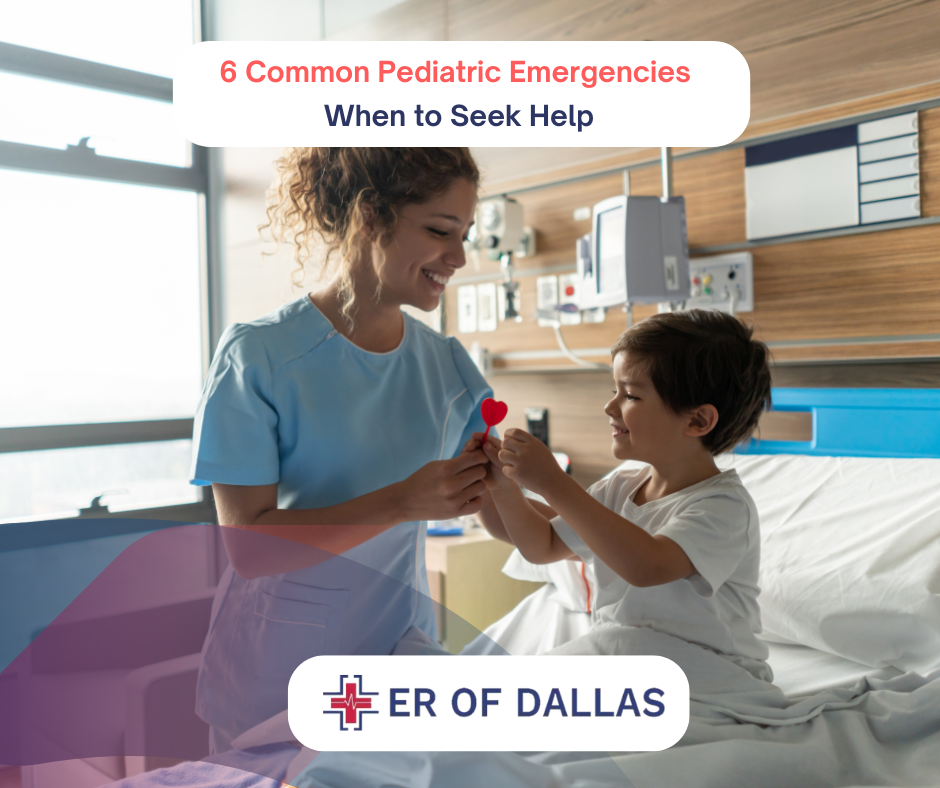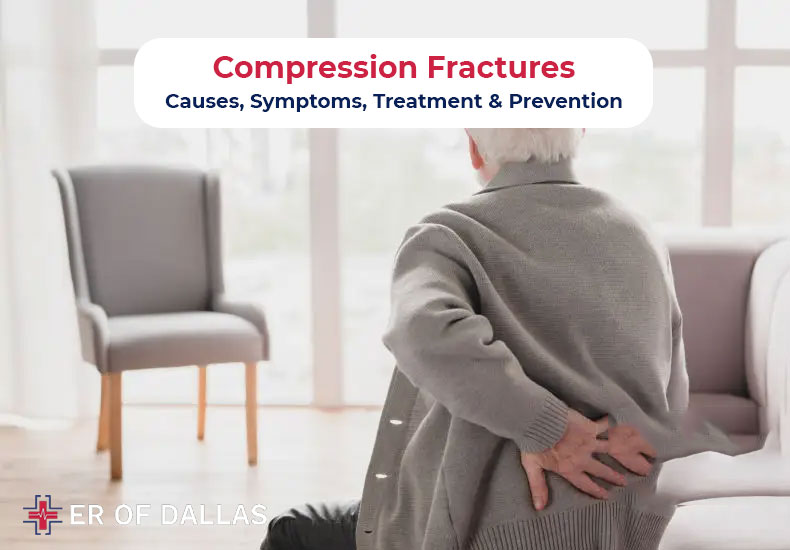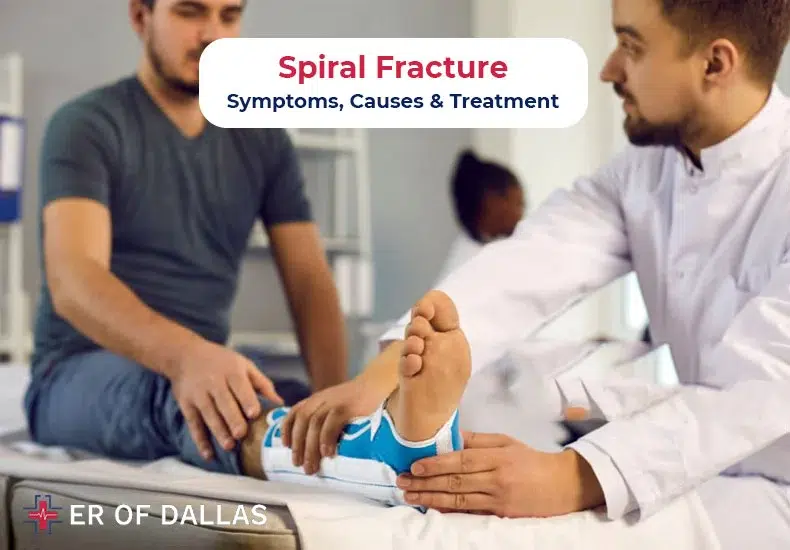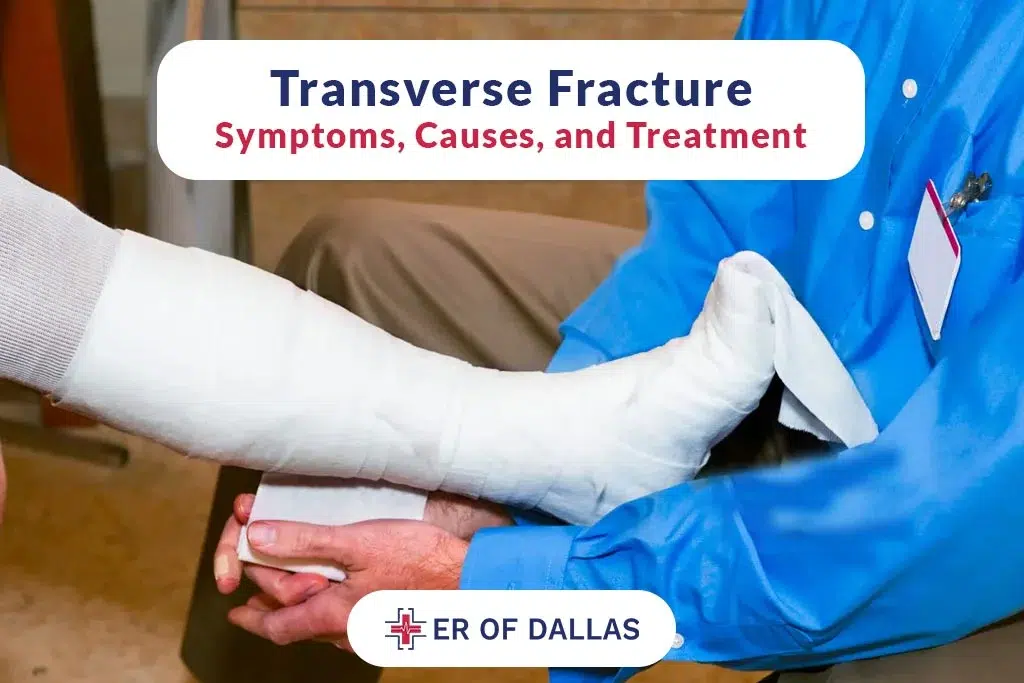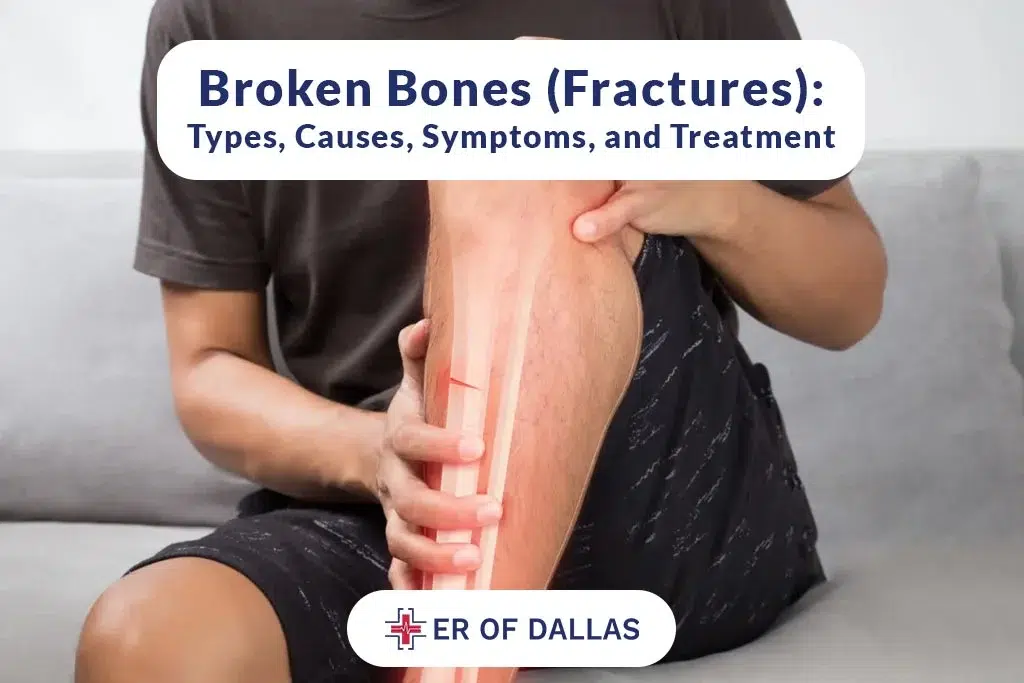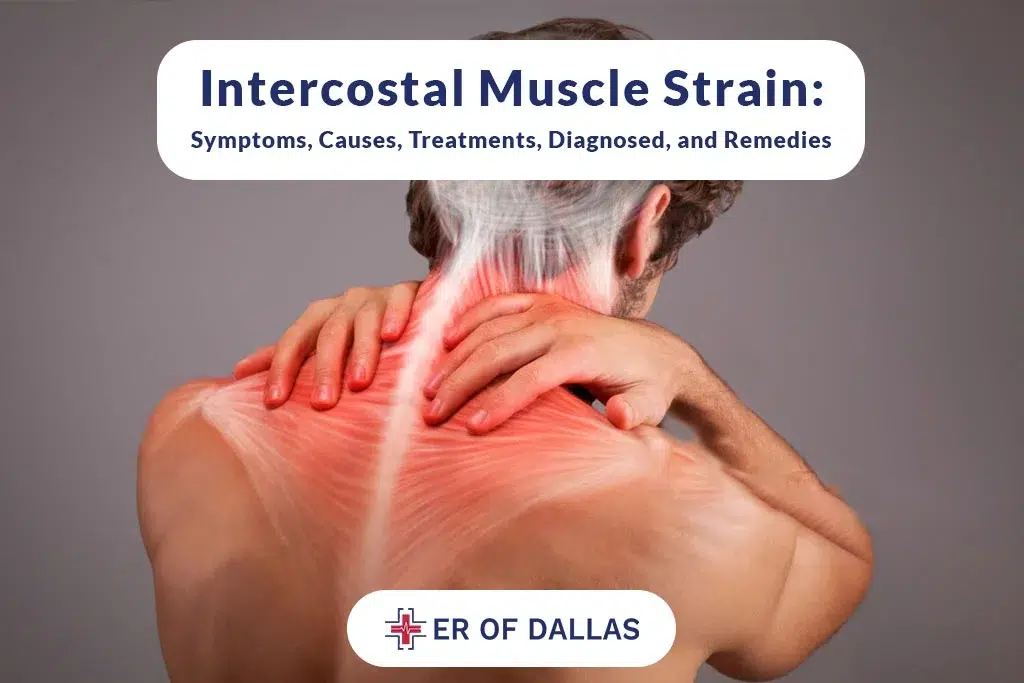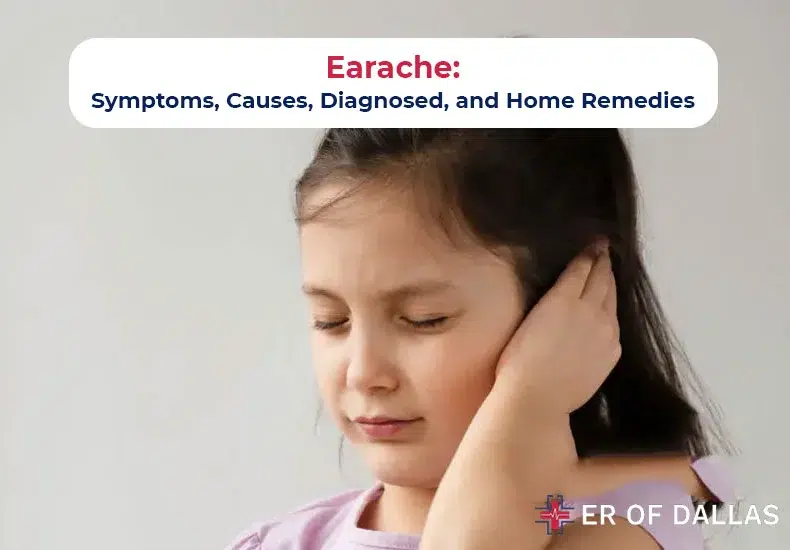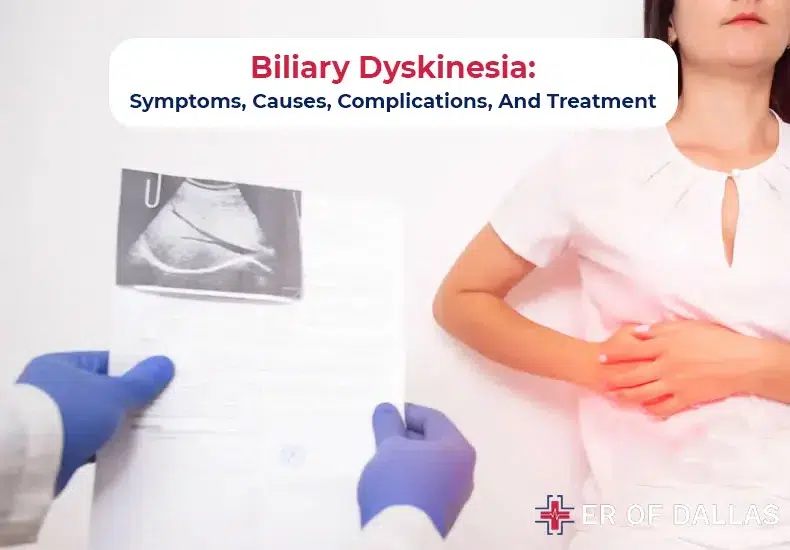What Is an Asthma Attack?
An asthma attack is the worst and short form of asthma. An asthma attack is instigated by the clamping of tissue around the respiratory tract. This clamping is termed bronchospasm. When the asthma attack is happening, the air ducts lining also gets clogged or sore, and thicker phlegm is produced.
The factors like — bronchospasm, infection, and phlegm can result in asthma attacks such as trouble breathing, panting, coughing, difficulty breathing, and finding it challenging to do routine stuff.
Other symptoms of asthma include:
- Continuous coughing
- Breathing quickly
- Heaviness on Torso and chest
- Constricted neck and rib cage muscles, which is known as retraction
- Trouble speaking
- Nervousness and panic
- Pale, sweaty face
- Paleness of lips and fingertips
- Deteriorating health even though the patient is taking medicine
Types of Asthma
Asthma has multiple types. However, we have picked three critical types of asthma that most people suffer from.
1. Exercise-Induced Asthma
Exercise-induced asthma is sparked by exercise or physical effort. People who have Exercise-induced asthma suffer from symptoms during training or physical workout. There are many instances of people who show indications of asthma only during the workout.
2. Cough-Variant Asthma
Coughing can also be due to other causes; it is not always due to cough-variant asthma, for instance, you could be suffering from heartburn, sinusitis, postnasal dribble, or any other disease. Coughing due to sinus infection with asthma is widespread.
3. Occupational Asthma
This is the type of asthma that triggers when the person is working in the office. Occupational asthma has a wide variety of indications, and the main reason for this is the inhaling of dust particles. You will experience asthma symptoms when you are working or during an office stay.
Common Asthma Triggers
To reduce your exposure below is a trigger list as well as preventive measures that can help you.
1. Air Conditioner:
Air conditioning decreases the number of aerial particles from woods, grasses, and grasses that come uninvited during fast winds. Ventilating also reduces the room’s internal dampness and can minimize the chances of dust and debris entering the room. Dust and pollens are of asthma triggers, and if you don’t have ventilation, you can shut the window to prevent the dust allergens.
2. Clean Your Room:
Reduce debris that may aggravate nocturnal signs by replacing specific objects from your bedroom. For instance, wrap cushions, beds, and bedsprings in dust-resistant blankets. Do not use down-filled mattresses. Try to use launderable drapes and curtains. Remove the rugs and install wood flooring in your house.
3. Prevent Fungus Spores:
Cleanse moist surfaces in the lavatory, kitchen, and near the home to keep mold spores from growing. Many people ask the question, can mold cause asthma? You need to remove all the moist kindling or woods in your surrounding environment.
4. Stay Away From Pets:
If you’re prone to dander, stay away from pets with hair or plumes. Having pets frequently showered or groomed may also decrease the quantity of dander in your vicinity.
5. Clean Regularly:
Clean your home at least every week. While cleaning, make sure to cover the face to avoid dust particles getting into your nose. Wash the blankets regularly because they can remove germs and improve hygiene.
6. Face Mask:
If your asthma is aggravated by chilly or arid air, a face mask can shield you from harsh weather conditions.
Asthma Diagnosis
To detect asthma, your physician will ask about your past medical condition and conduct a physical exam. Your physician will ask you to run chest or sinus X-rays and some other pulmonary checks as well. If you or your kid are going through breathing problems frequently, then it is best to see a specialist without wasting any time because it could be a sign of something serious.

